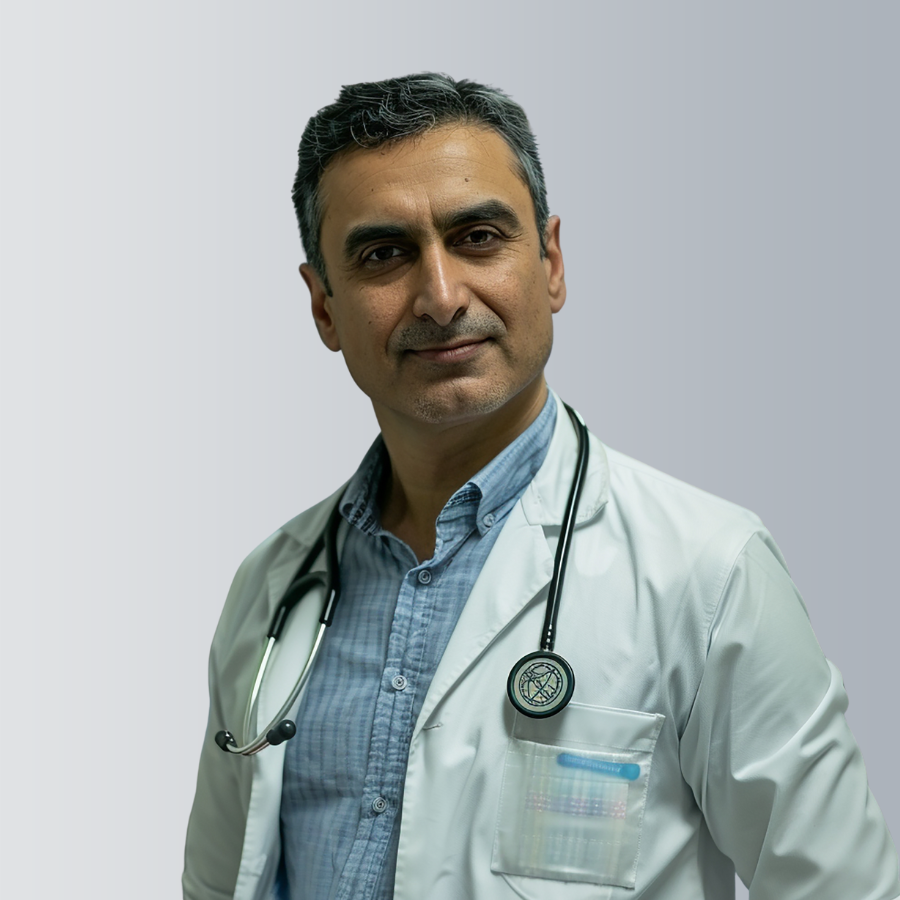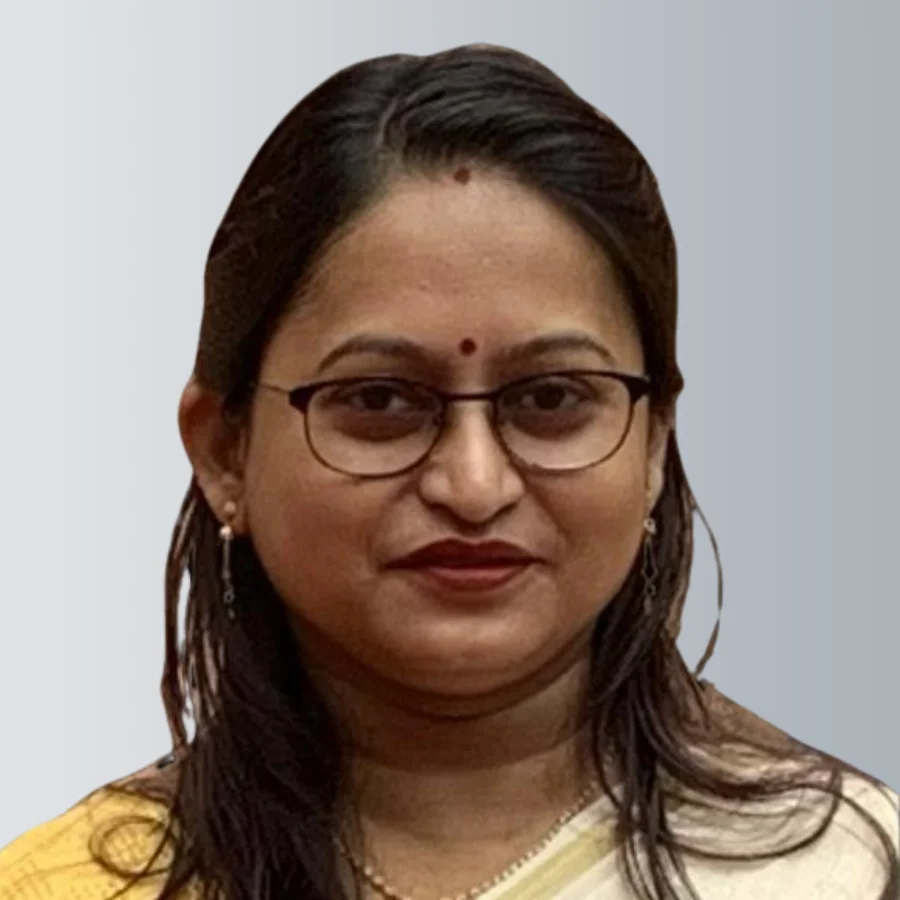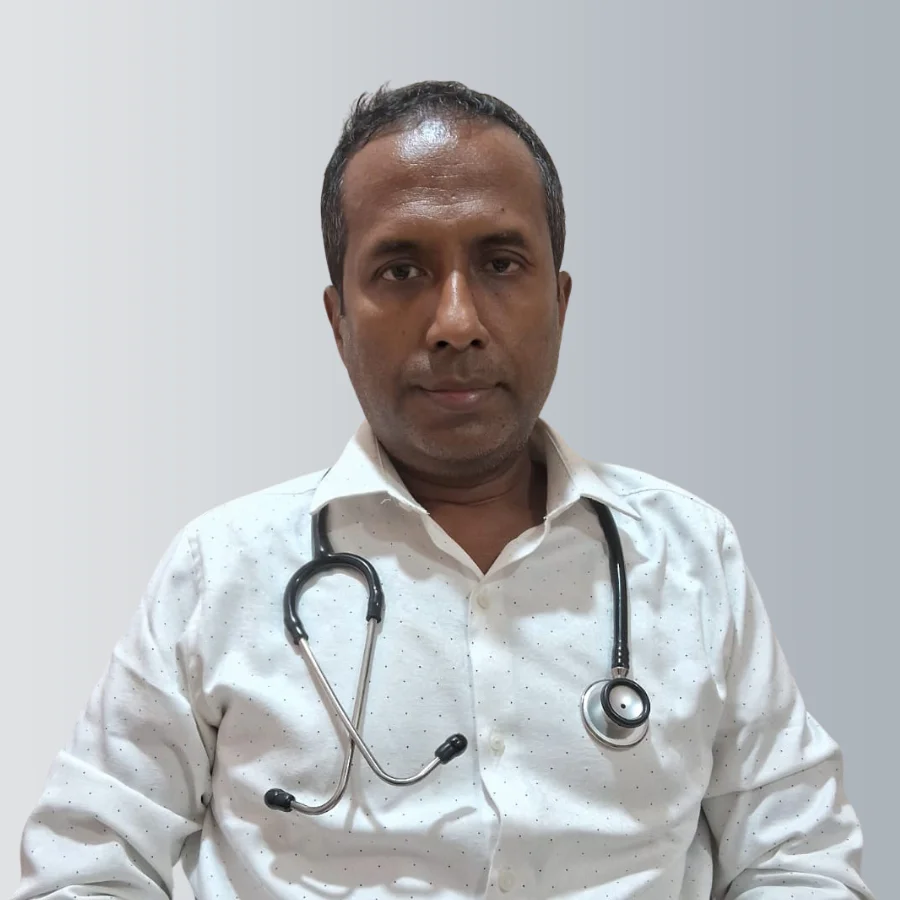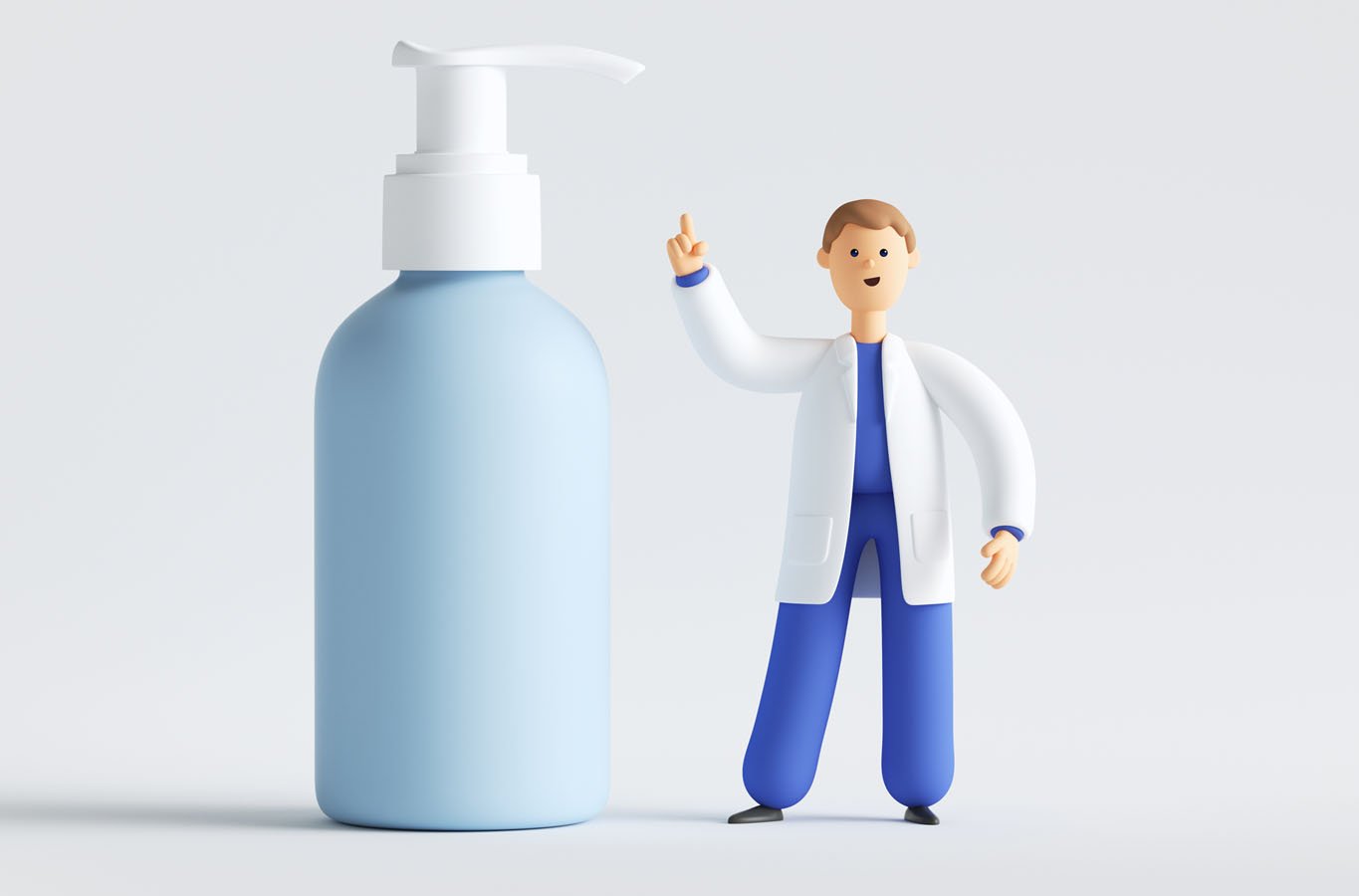- Guwahati, Assam
Opening Time
Monday – Friday 6.00 – 7:00 pm
Saturday 9.00 – 8.00 pm
Sunday 10.00 – 9.00 pm
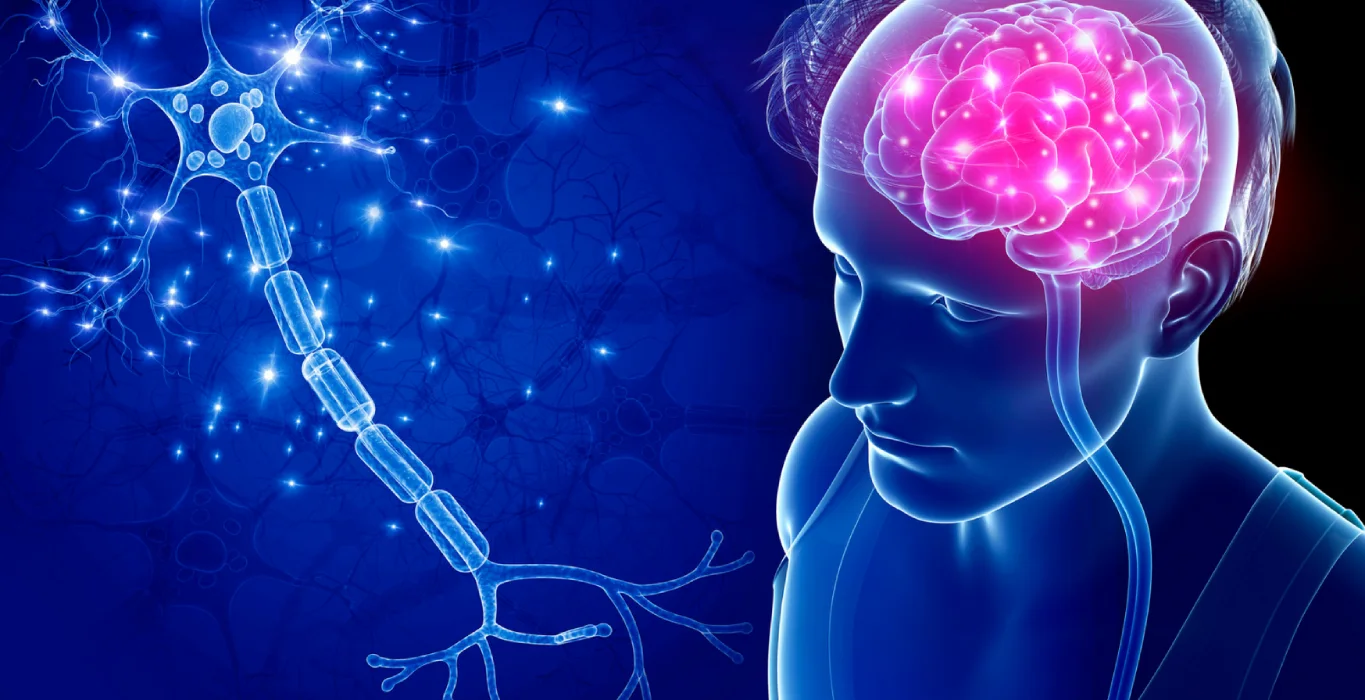
Expert Neurological Care for Your Brain and Nervous System
At Health AI, our neurology team is dedicated to diagnosing, treating and managing a wide range of neurological disorders. Our specialists use cutting-edge technology and advanced treatment protocols to deliver personalized care tailored to each patient’s unique neurological needs. Whether you’re dealing with chronic headaches, epilepsy or complex neurodegenerative diseases, our expert team is here to provide compassionate and comprehensive care.
What We Offer
- Neurogenetic Disorders
- Neuro-oncology Services
- Headache and Migraine Management
- Traumatic Brain Injury (TBI) Care
- Spinal Cord Injury Management
- Neuromuscular Disorders Treatment
- Autonomic Nervous System Disorders
- Sleep Disorder Diagnosis and Treatment
- Comprehensive Neurological Evaluations
- Cognitive and Memory Disorder Care
500 +
Patient Consultations
Personalized neurological care with a focus on improving quality of life.
Accurate Neurological Diagnoses
85%
Stroke Recovery Success
80%
Effective Migraine Relief
91%
Maintaining Neurological Health
Regular exercise, a balanced diet, managing stress and staying mentally active are key to maintaining neurological health. Early intervention is crucial for better outcomes in neurological disorders, so don’t hesitate to seek care if you notice symptoms.
Ask us anything,We are here to help you
What are the early signs of neurological disorders?
Early signs can include persistent headaches, numbness, tingling, memory loss and balance issues. It’s important to seek medical advice if these symptoms appear.
How is epilepsy diagnosed and treated?
Epilepsy is diagnosed through neurological exams, brain imaging and EEG tests. Treatment typically involves medication, and in some cases, surgery or lifestyle changes.
What can I do to reduce my risk of a stroke?
Maintaining a healthy lifestyle, managing blood pressure and avoiding smoking are key to reducing stroke risk. Regular check-ups can also help with early detection of risk factors.
What should I do if I suspect I have a sleep disorder?
If you experience chronic sleep issues, it’s important to consult a neurologist. Sleep studies may be conducted to diagnose conditions like sleep apnea or insomnia.
How can traumatic brain injuries be managed long-term?
Long-term management of TBI involves physical rehabilitation, cognitive therapy and regular neurological assessments to monitor recovery and manage any persistent symptoms.



